Bond’s a dinosaur. We’re told that so often, it’s become a cliché. Even the films’ writers have taken to putting the words into other characters’ mouths; Judi Dench’s M called him a “sexist, misogynistic dinosaur” as far back as Goldeneye. So, if Bond was such a reprehensible combination of traits in the bad old 90s, what does that make him in a world awakened from its own sexist misogynistic slumber by #MeToo?
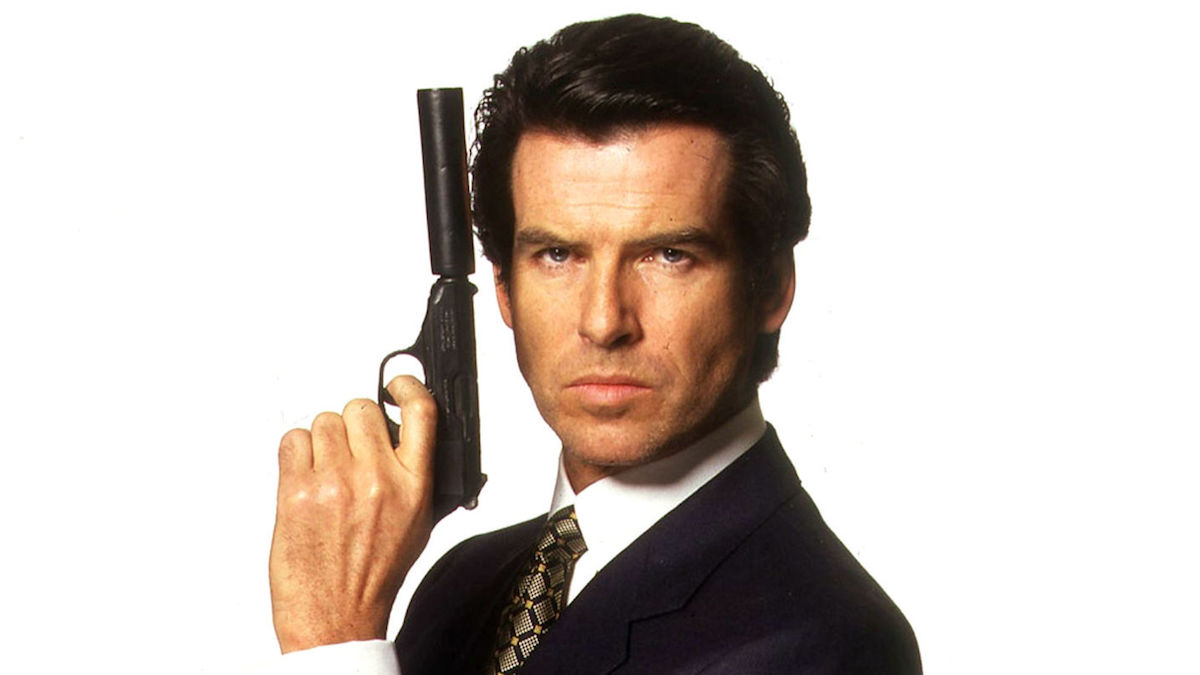
It can be problematic to view previous generations through the prism of our rapidly evolving values, but Bond isn’t just a case of overenthusiastic sexism and objectification. Ian Fleming’s own words describe what Bond does to Vesper Lynd as “rape” in Casino Royale; not something you can excuse with a flippant, “well, things were different then”. Even as recently as Skyfall, good ol’ Jimmy B was introducing Bérénice Marlohe to his trademark sexual aggression – and that’s after the character had supposedly been updated for a new generation of viewers.
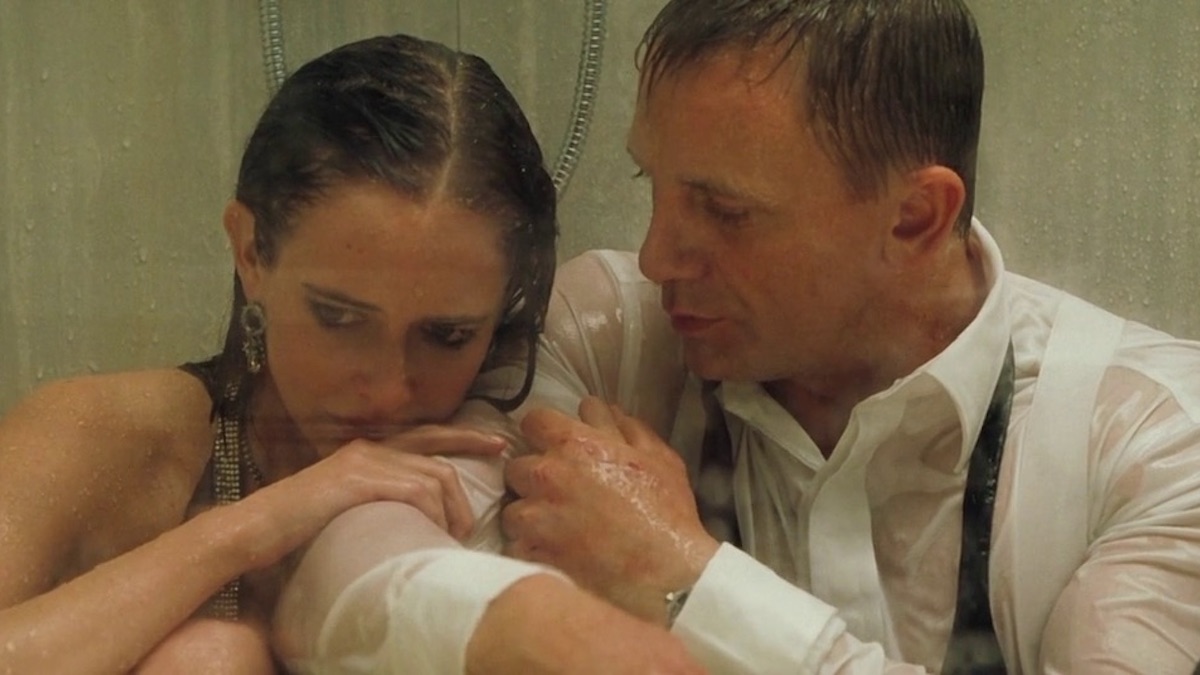
We can debate for days about the merits of various amendments and adjustments to Bond and who should get the gig, but the proposed amendments to the character (changing gender or race) are about as relevant a solution as the “fallible Bond” we were sold in the wake of Jason Bourne. Bond can be updated or altered as much as you like, but he’s still a relic of Imperialism, a sexual conquistador with a propensity for violence, traversing the globe doing “Her Majesty’s” dirty work. Having that character suddenly start respecting women and considering the implications of violence, sexual or otherwise, just doesn’t make sense. There’s only one way to make Bond more relevant and still recognisably Bond: lean into the irrelevance.
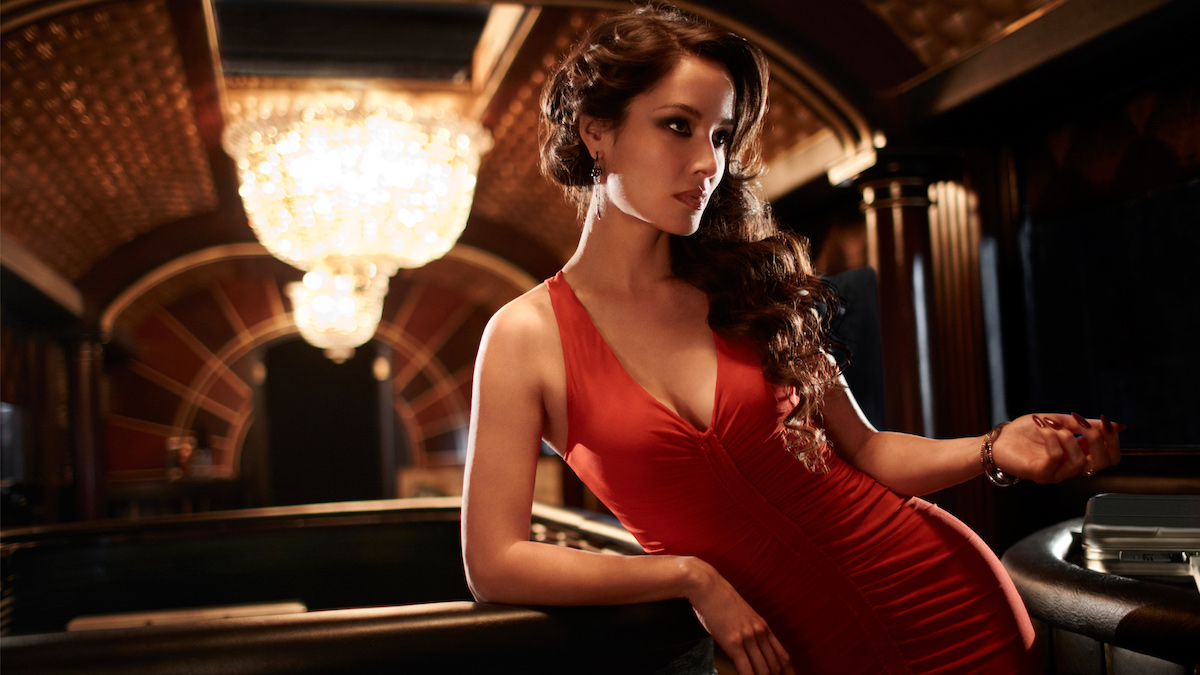
In the late 60s, the Western was in a similar state. But rather than plug away at outdated tropes, the genre found a new focus, drawing correlations between the wild, untamed men of the west, driven into obsolescence by the advent of ‘polite’ society, and the hippie counterculture that was suffering a similar fate. Their ideals and methodology may have been vastly different, but filmmakers like Peckinpah and George Roy Hill saw two outsider cultures crushed by an establishment with a more commercial ideology. The result was two of the finest westerns ever made: Butch Cassidy And The Sundance Kid and The Wild Bunch.
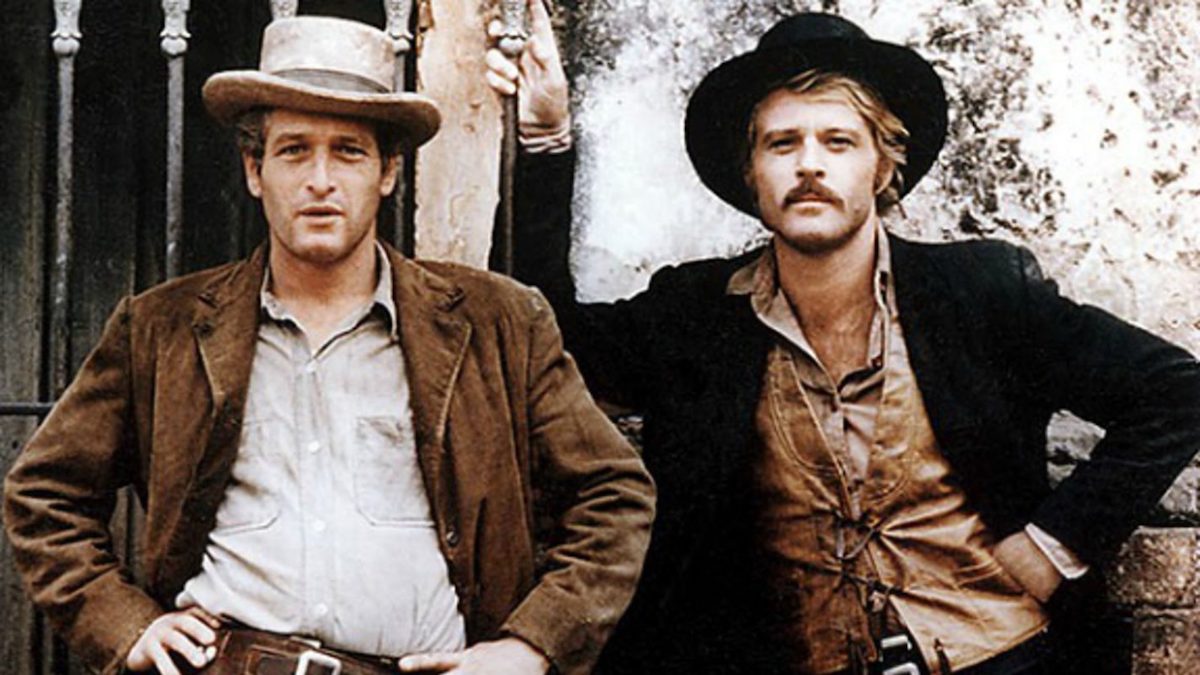
Bond can take a similar tack and become a commentary on his time, rather than an amended version that no longer makes sense in any time. It’s no good to have M call him a dinosaur and then let him carry on with the aggressive womanising and flippant violence, unburdened by conscience. Bond needs to feel the repercussions of being outdated and outpaced by the modern world, of being a sexual predator in a time that no longer tolerates it. So, make Bond old. Make him irrelevant and have him suffer greatly for it, a representation of those who refuse to change with the times, those who dismiss progress as the pedantic whining of generation snowflake. Adapt or die; isn’t that the way of the world?
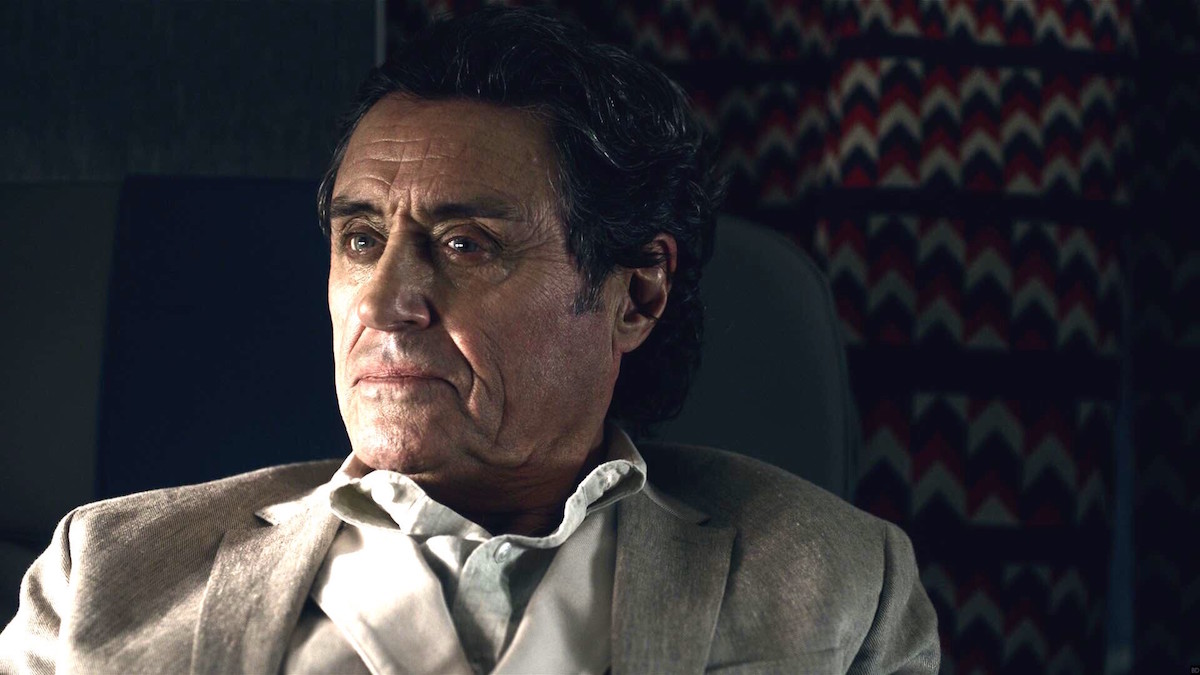
But who would play this ageing, struggling Bond? For me, there’s only one choice: Ian McShane. McShane has the charming glint of a wizened playboy, the chops to play a weary soldier haunted by his atrocities and the hard stare of a natural born killer. He’d knock the role out of the park. Get an Ava Duvernary or a Kathryn Bigelow in the director’s seat and you’d have a Bond film that might actually have something to say.


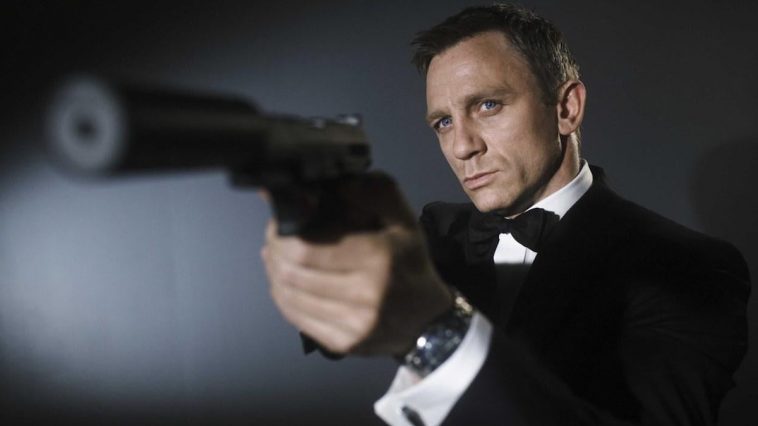

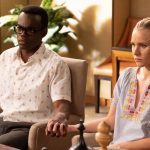



Leave a Comment